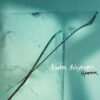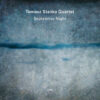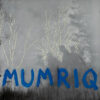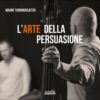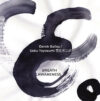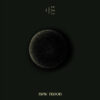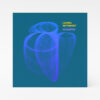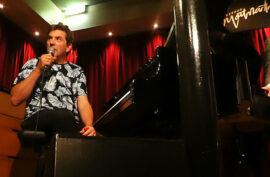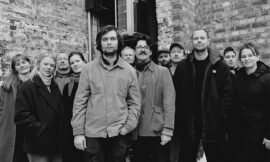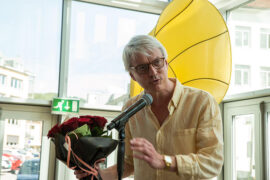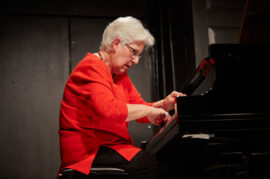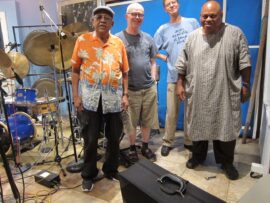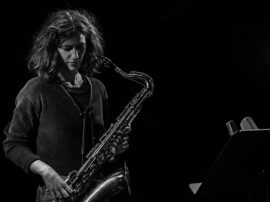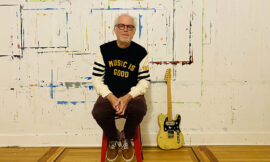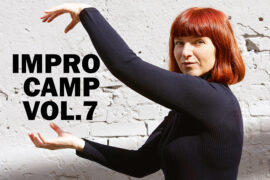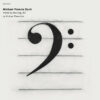
«mind is moving» is part of a series of eight minimalist pieces composed by American experimental composer Michael Pisaro-Liu between 1995 and 2013, all of them for solo instruments and all highlighting long periods of silence. These compositions were inspired by a Zen kōan:
Two monks were arguing about a flag.
One said: «The flag is moving».
The other said: «The wind is moving».
The sixth patriarch happened to be passing by. He told them: «Not the wind, not the flag; mind is moving».
«mind is moving (iv) for contrabass (1996)» collects 60 sounds, and any performance may include anywhere from 30 to all 60 sounds in the score, that may be played in any order. There is one sound per minute and all are played pizzicato and generally soft. After playing the sound the performer should hold her/his position for as long as possible before playing the next sound, allowing the sound to ring as long as possible. Each performer is free to create his own narrative when interpreting it and choosing the sounds. Obviously, this composition corresponds with John Cage’s ideas about chance operations and silence.
Norwegian double bass master Michael Francis Duch recorded this early and seldom-performed composition of Pisaru-Liu at the Nidaros cathedral in Trondheim in August 2019, in one take around midnight, and by default an hour of sound was documented from inside the cathedral, telling a parallel story of its own. Like the kōan or contemporary compositions by Cage and Pisaru-Liu, this composition attempts to challenge our listening comfort zones and asks what we are listening to? The double bass or the ambiance of the church? Who is the composer, who, supposedly, makes sense of the sparse sounds? The composer Pisaru-Liu? The musician-interpreter Duch or us, the listeners? What is sound? The pizzicato attack on the double bass? The birth and decay of each sound? Or the silences, the empty spaces between sounds, The Zen idea of Ma (間).
Duch’s performance of the meditative yet challenging composition is masterful and invites the listener to meditate on his own interpretation of the fragile nuances of this intriguing composition.
Eyal Hareuveni
Michael Francis Duch (b)

